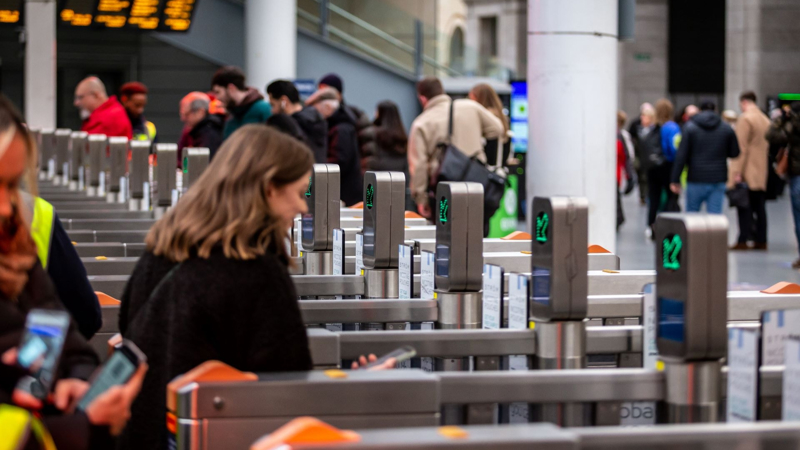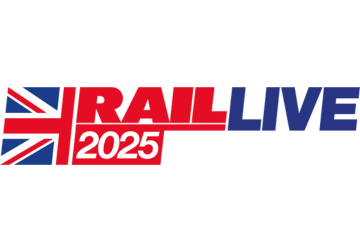
Much more work needs to be done to ensure that the rules governing rail fares enforcement are fit for purpose believes ORR’s director of strategy Stephanie Tobyn.

Much more work needs to be done to ensure that the rules governing rail fares enforcement are fit for purpose believes ORR’s director of strategy Stephanie Tobyn.
Tobyn has recently authored a report which was commissioned by the previous Transport Secretary Louise Haigh in November 2024, and she believes that passengers rights have not caught up with the legislation covering the fare protection industry.
Speaking to RAIL, she said: “What we have found is that legislation has been added and changed which has strengthened the operator’s position. That is not the case for passengers, and it has made the system very confusing for them.
“Operators have used everything at their disposal to protect its revenue, but this has been at the detriment of passengers, and there is a serious imbalance between the two which urgently needs to be addressed. A lot of legislation has been built up over time which needs to be stripped back.”
Rail regulator the Office of Rail and Road (ORR) has recommended an overhaul of rail fare enforcement to make the system fairer.
A new ORR review of the current system has found significant inconsistencies across the industry in its approaches to revenue protection and prosecution, as well as a lack of information and clarity of a passenger’s rights, and a severe lack of fairness for passengers.

“That has to change” Tobyn adds.
She continues by adding that for passengers, the ticketing system in place has made it “extremely difficult” for passengers.
“it’s obviously very difficult to understand the terms and conditions. We heard that and have seen that throughout this review. So, we need a clear framework within which a TOC can adapt its ticketing processes – that would stop a lot of prosecutions.”
“We’ve found ourselves in this position that many passengers don’t know what ticket they’ve bought sometimes and many ‘take a punt’ hoping that it is right. We found that it wasn’t because they wanted to do it, they just didn’t know where to look for the information they needed.
And if they did find it – it wasn’t clear enough.”
Much of the confusion for passengers, the report found centered on rail cards and the incorrect usage of them. It found a lack of clarity and information for passengers led to more “honest mistakes” than a willingness to evade paying. Therefore, ORR has recommended improvements to what it calls “key grounds to appeal” and better signposting for terms and conditions of a passenger’s tickets.
The ORR review was commissioned by previous Transport Secretary Louise Haigh in November 2024, after it emerged that operators were using a fast-tracked process called a ‘Single Justice Procedure’ to prosecute fare evaders.
The report found that train operating companies (TOCs) have “considerable scope to set their own approach to revenue protection”. This lack of guidance, it says, has led to different policies and “lots of variation” on how train staff apply them.
It also found that six TOCs did not conduct a ‘Full Code Test’ (a test to determine whether prosecuting would be in the public interest).
Consequently, this meant that decisions on what criminal cases to pursue differed greatly depending on the TOC.
Tobyn thinks this is one of the most important pieces of legislation which needs changing.
“Taking somebody to court is a very serious thing. And the Ministry of Justice, when seeing our findings, agreed that a lot more work was needed in this area.
It isn’t necessarily a conscious thing by the operators to do this I don’t believe – they are operating in the confines they’ve been given but nonetheless, when it comes to prosecution, a uniform approach and threshold to pass would definitely be welcomed.”
Better data was also needed – which Tobyn admits obtaining was “one of the most challenging aspects of the review”
ORR argues that having a consistent approach to data sharing between operators will ensure that the right fare evaders are targeted. It has therefore recommended that a “consistent test for prosecution, including guidance on weighing public interest factors in favour or against prosecution” be established. A wider review of revenue protection has also been recommended.
“That’s the right approach I believe- because it is about having a framework in place and adapting processes to get it right. For both the passenger and the operator. Ultimately, it is about clarity for everyone.” Tobyn says.
Login to continue reading
Or register with RAIL to keep up-to-date with the latest news, insight and opinion.


















Login to comment
Comments
No comments have been made yet.